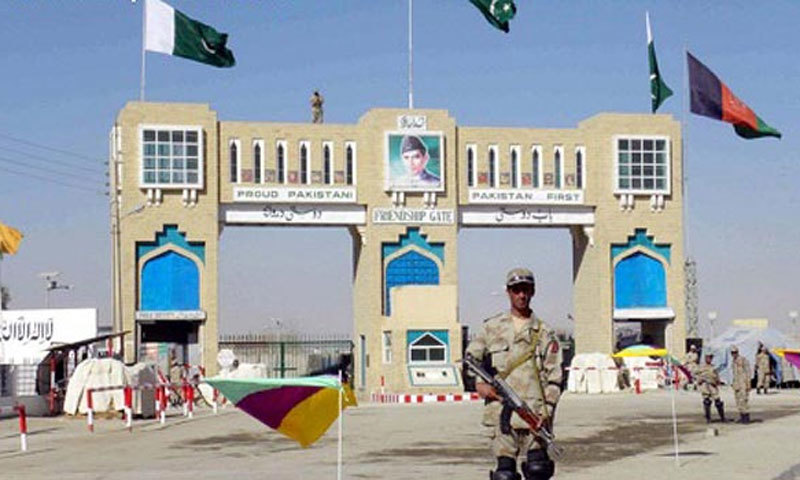ISLAMABAD: The flow of Afghan transit trade and Pakistan’s exports to Afghanistan saw a deeper drop since the Taliban took control of Kabul in August.
The flow of cargo fell by 16 per cent in August 2021 and a further decline of 73pc in September from last year, which many experts attributed to the uncertainty in the wake of the takeover of Afghanistan.
Official data available with Dawn shows that the flow of cargoes dipped 73pc to 4,212 containers in September 2021 from 15,846 containers in the same month last year. In August 2021 the container’s flow fell to 7,864 containers from 9,312 containers last year, indicating a decline of 16pc.
Pakistan has regained its share in the Afghan transit trade in the past few years. In April 2021, the flows of transit cargo posted a growth of 169pc, followed by an 115pc increase in May, 32pc in June, and 60pc in July, respectively.
The assessed import value of the transit cargoes also dipped 71pc to $130.7 million in September 2021 against $444m over the last year. Similarly, a 14pc declined was noted in August as the import value of the transit cargoes fell to $273m from $319m over the last year.
Mujahid said trade with neighbouring countries under Taliban rule will be promoted but that hasn’t happened
Many experts believe that uncertainty in Afghanistan has led to a drop in commercial imports under transit trade since August. Transit cargo reaches Afghanistan via Torkham and Chaman border stations.
Traditionally, Torkham in Khyber Pakhtunkhwa was one of the leading border points for cargo movement. In the past few years, a partial slowdown was also noticed in the commercial cargoes at the border station. Data shows diversion that transit importers have chosen Chaman as a new destination until the fencing is complete in the Balochistan province.
A customs official said that the drop in commercial containers at Torkham border is believed to have been one of the outcomes of the fencing of border with Afghanistan as it has become difficult for smugglers to re-enter transit goods in KP areas. However, there is no official confirmation for this.
At the same time, the volume of bilateral trade also fell during the first two months of the current fiscal year from a year ago. The value of Pakistan’s exports value to Afghanistan stood at $95.672m between July and August 2021 against $123.785m over the corresponding months of last year, indicating a decline of 22.7pc.
On August 15, the Taliban took over Kabul and declared its rule over Afghanistan.
Taliban spokesperson Zabihullah Mujahid at its first press conference reiterated that Taliban will continue trading with neighboring countries. He said steps will be taken to promote trade. However, the data did not support his claim.
Contrary to the decline in exports, Pakistan’s imports from Afghanistan have seen a visible increase in the first two months of the current fiscal year. The import value from Afghanistan stood at $18.960m in July-August 2021 against $9.514m over the same months last year, showing an increase of over 99pc.
This increase in the imports from Afghanistan was the outcome of Islamabad’s policy to continue trade with Kabul and extend further facilitation removing duty on import of fruits from Afghanistan.
At the Torkham border, the comparison of imports for pre-Taliban period (July 1 to August 15) with post-Taliban period (August 16 to September 30) shows a 142pc increase in import value from Rs6,757.09m to Rs16,373.67m.
The total number of import vehicles registered 160pc increase from 9,117 vehicles to 23,698 vehicles. It shows that the movement of trucks across the border increase after Taliban took over Kabul by bringing an end to the practice that Afghan police and transport ministry officials posted on the Afghan side demanded from drivers between 10,000 and 25,000 Afghanis to let their trucks return to Pakistan.
According to a Customs official main reason for massive imports from Afghanistan is the facilitation of vehicular traffic and trade by the Taliban as there are no delays and extortion from drivers.
On the other side, a comparison of the post-Taliban period shows an increase in revenue collection at the customs stations as well.
Published in Dawn, October 3rd, 2021














































